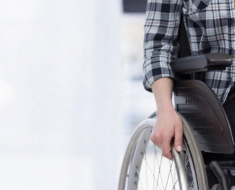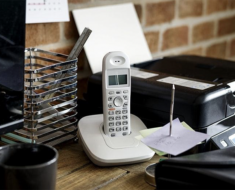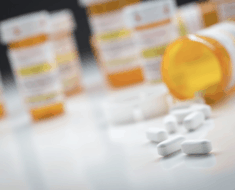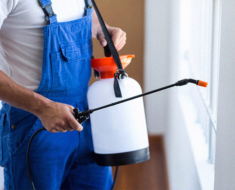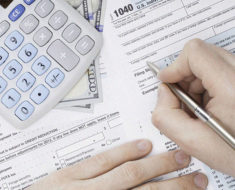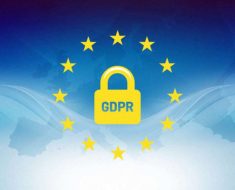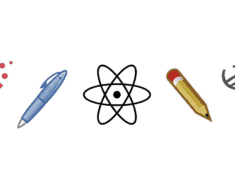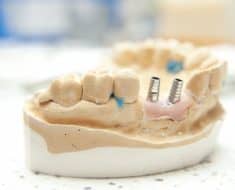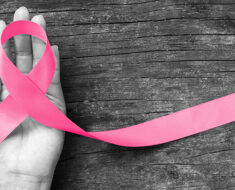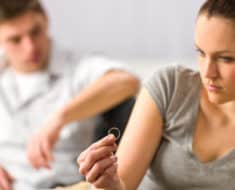
Harvard
Can the Corona Virus affect the mental health of those infected by it? Yes, it can and it has. Even if you weren’t directly infected by the virus, it is very likely that it has affected your mental health one way or the other.
Covid-19 has affected millions of people and a significant percentage of the population has been affected by the virus, whether they were infected or not, Covid-19 has affected hundreds of thousands, if not millions to catch mental diseases.
When the pandemic hit in 2019, we were all busy enjoying our lives and socializing. Before that,
all of our activities were social. We loved parties and concerts all along. With the pandemic, we were all quarantined in our homes, caged like animals. All of our activities were blocked. The government imposed a curfew on the nation.
When things these unpredictable hit mankind, it can lead to an unhealthy diet, disturbed sleeping schedule, and conditions as bad as depression, anxiety, and PTSD.
Covid Leads to Mental Disorders
According to new research by Oxford University, nearly 20 percent of people are affected by the virus mentally. They suffer from mental disorders such as depression, anxiety, and PTSD.
It was predictable that patients are likely to get depressed because of covid because doctors have seen depression or other mental disorders coming with covid or other diseases and viruses. This time is a little different because this virus has affected millions of people and because of that, its effects cannot be ignored.
Depressed People Due to Covid can catch mental illnesses. They are very prone to this culprit. You can head to the Balance Luxury Rehab website for further details.
Talking deeply about numbers in detail, 6 percent of adults who catch covid are likely to get a mental disorder within the first 90 days. Those who aren’t affected with covid, i.e. don’t catch the virus, are likely to be 3.4 percent likely to be catching a mental disorder.
People who suffer PTSD were also much more prone to have persisting physical effects such as dyspnea and muscle discomfort, as well as being less likely to have resumed work at the 9 weeks take.
How the Corona Virus Affects the Brain
We already know that the coronavirus affects the brain by bringing along some mental disorders such as depression, anxiety, and PTSD and in order for us to take care of ourselves and those around us, we need to know how the culprit affects our minds and how to avoid it or fight it.
The main culprit is isolation. It leads to loneliness and depression. With the laws being imposed on us, we need to isolate ourselves if tested positive. This will lead to mental disorders and other negative thoughts. As they say, “An empty mind is devil’s paradise”.
What Do the Scientists Say?
COVID-19, as researchers now understand, isn’t just a respiratory condition; it’s a disease affecting a variety of vital organs, along with the brain.
Scientists have been trying to figure out how the new coronavirus connects with the central and peripheral nervous system, but they believe it could disrupt the brain’s blood flow and lead to inflammation in the cerebral cortex.
The Research:
“If the virus infects the endocrine system properly, it might cause serious neurological and psychological problems,” explains LeMonda.
Furthermore, a weakened pulmonary system could reduce oxygen availability to the brain, according to LeMonda.
Apart from that, according to Stern, there is a strong link between immune function and mental health.
COVID-19 can disturb a patient’s circadian rhythm, cause trouble sleeping, sleeplessness, sadness, stress, and other mental abnormalities, according to Stern.
According to recent research, those who have been identified with COVID-19 may have a high chance of having an emotional or mental problem after they have recovered.
Researchers are currently investigating how the novel coronavirus affects the brain, but they anticipate the virus may reduce blood and oxygen supply to the brain, as well as cause brain enlargement in some instances.
Moreover, being identified is distressing in itself: the unusual illness is usually dangerous, and people who become ill are advised to separate themselves from family members. Symptoms might last for weeks, causing disruption in people’s daily lives and placing them at risk for depression.
How to Avoid the Effects?
Well, the first thing to do is to calm down and tell yourself that everything is going to be okay.
If you get COVID-19, it’s critical to follow your physician’s advice and put your overall fitness first: eat a nutritious diet, sleep regularly, and stay fit and active whenever feasible.
Breathing exercises, attentive mindfulness, and muscular relaxation are some of the relaxation exercises Saltz advocates.
It’s vital to remember, according to LeMonda, that recuperation can take weeks, if not months.
“A better grasp of the healing trajectories may reduce worry and leads to improved psychological health,” said LeMonda.
Or, another way is to get yourself treated from one of the World’s most premier Luxury Inpatient Rehab centers. They will treat all your mental disorders. This rehab center comes with enormous amount of benefits.
How to keep yourself away from depression?
The first thing we suggest is to go to a psychologist and check yourself if you have any emotional instability. Secondly, we suggest a daily routine and some other activities that you can implement in your daily life that will keep you busy and keep your mind sound and healthy.
A Rigorous Exercise Routine: A good exercise routine will keep you healthy. It leads to discipline and order not only for your mind but also for your brain. This way you keep yourself one step away from mental disorders.
A Healthy Diet: Keep your diet healthy, include greens in your diet. It will keep your mind satisfied and keep you away from junk food. Vegetables are likely to lead to happiness as some of them are called happy foods.
Find Something Productive to Do: Find something that keeps you busy and concentrated. This way, you be distracted from negative thoughts and you will be productive. Find a passion and pursue a career that you’ve been wanting to pursue. Make isolation your friend and take fair advantage of it.








